|
Play forms an essential part of a child’s early development. As set out in the Early Years Foundation Stage (EYFS) statutory framework, playing is a vital tool which enables children to learn the necessary skills to prepare for their formal education. Play helps children develop physically, mentally, socially and emotionally to help them grow and thrive in the classroom and beyond. We’ve rounded up some fun activities that parents can do at home with their children to help support their early learning through play. Exploring the natural world Spending time outdoors with children helps them to understand the world around them, whilst nurturing respect and love for the environment. Being outside also brings many benefits for a child’s health and wellbeing. Children can begin to learn about biology and the planet, gaining an awareness of different plants, animals, and habitats and the role they play within our lives. Nature provides many opportunities for sensory play, such as exploring different natural materials and textures, playing with water, digging, smelling different flowers and herbs, and listening to the different sounds found in nature - like birds, rain falling, wind rustling the trees, leaves crunching beneath your feet. Children can learn about different shapes, colours, sizes and develop new vocabulary from playing with resources found in nature, such as leaves, rocks, feathers, twigs, pinecones and seeds. Allowing children to explore the natural world in this way also encourages creativity and imaginative play. Finally, getting active outdoors by dancing, running, skipping and jumping all helps to develop children’s gross motor skills whilst encouraging a healthy lifestyle and positive attitude to exercise. Building blocks and jigsaw puzzles Playing with blocks, jigsaws and shape sorters benefits children’s development by helping develop spatial awareness, logical reasoning, problem solving, observation, memory, organisation and fine motor skills. Jigsaws and blocks also teach children about different colours, shapes, and sizes. When playing with blocks, you can ask your child to find different coloured blocks and help them to understand spatial relationships between items and the language associated with this, such as ‘on top of’, ‘next to’ and ‘underneath’.
Getting moving and grooving Listening to music, making music using instruments, dancing and singing are all beneficial for helping children in their early development. Singing songs with actions helps children to practise their communication and language skills by: broadening vocabulary and understanding rhythm; teaching observation and memory; and developing good listening skills. When dancing and singing with others, it also nurtures positive social skills, encouraging cooperative play and teamwork. Dancing with different actions helps children to learn coordination and balance, but is also a great way to boost their confidence and enable children to express themselves. Many children’s songs incorporate elements of counting, as well as naming different body parts, helping children to learn key numeracy and language skills whilst understanding the world around them. Sensory play Sensory play is any activity which involves touch, taste, smell, sight or hearing. Children can explore different textures and shapes which engages their curiosity and stimulates their imagination. Sensory activities could involve materials such as water, rice, ice, soap slime, or garden herbs. Children by nature are inquisitive and enjoy tactile experiences, so setting up sensory play activities is a great way to allow them to have fun whilst developing observation, fine motor skills, spatial awareness, and encouraging investigative skills. However you play with your child at home, every activity and interaction they encounter will be teaching them and helping their development to prepare for formal schooling. Giving children plenty of opportunities for different types of play will set them up for the best start in life and help them to thrive. Look out for Melissa's latest articles on Anita Frost's author website, where she'll talk about topics including business and publishing, author news and events, and giving back to communities. You can find her in-depth monthly feature on the News & Media page of the Green Bean Collection website, discussing children's books and reading, early years education, living a greener lifestyle and all things Green Bean
Follow me on Twitter @MelBrannlund or email me at [email protected] |
Latest Bean NewsStay updated on the latest breaking news and top headlines from From regular monthly features and blogs, to news about our brand and new product releases.
Find out more about our children’s books, toys, games, outdoor activities and edutainment media. Editor
Melissa Brannlund is the features writer and editor, for Green Bean Studios. www.greenbeancollection.co.uk Want to keep updated on all things Green Bean?
Stay tuned for announcements on our website about exciting competitions, giveaways and the latest news from Green Bean Studios. You can find Melissa's monthly features on the News & Media page, discussing children's books, toys, and games,, reading, play, early years education, and enjoying a fun and greener lifestyle. For more information or any PR queries, please contact Melissa by emailing [email protected]. Categories
All
SHOPGreen™Children's BooksChildren's ToysChildren's GamesChildren's OutdoorCharactersGreen BeanBeckettMr BearBobbyRosieHarley
Colouring FunStorytimeAwardsChildren’s Toy Retailer of the Year 2021 |
Shop Click & Collect Kids Club TV Characters I am Parent I am Ambassador I am Investor Events Press Work With Us Contact
This is a official retail website from ®Green Bean Studios, All Rights Reserved, ®Green Bean Collection
®Green Bean & Friends, All Rights Reserved, ®Anita Frost Production
Registered No:12919046 VAT: 445 4542 90

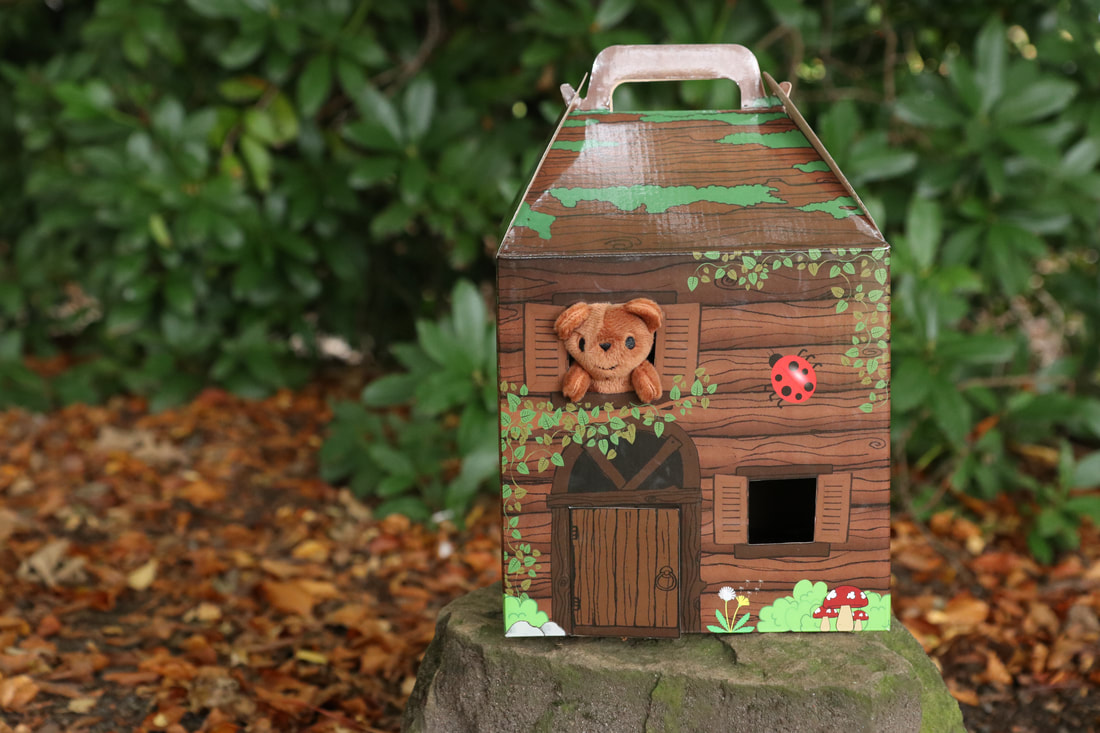



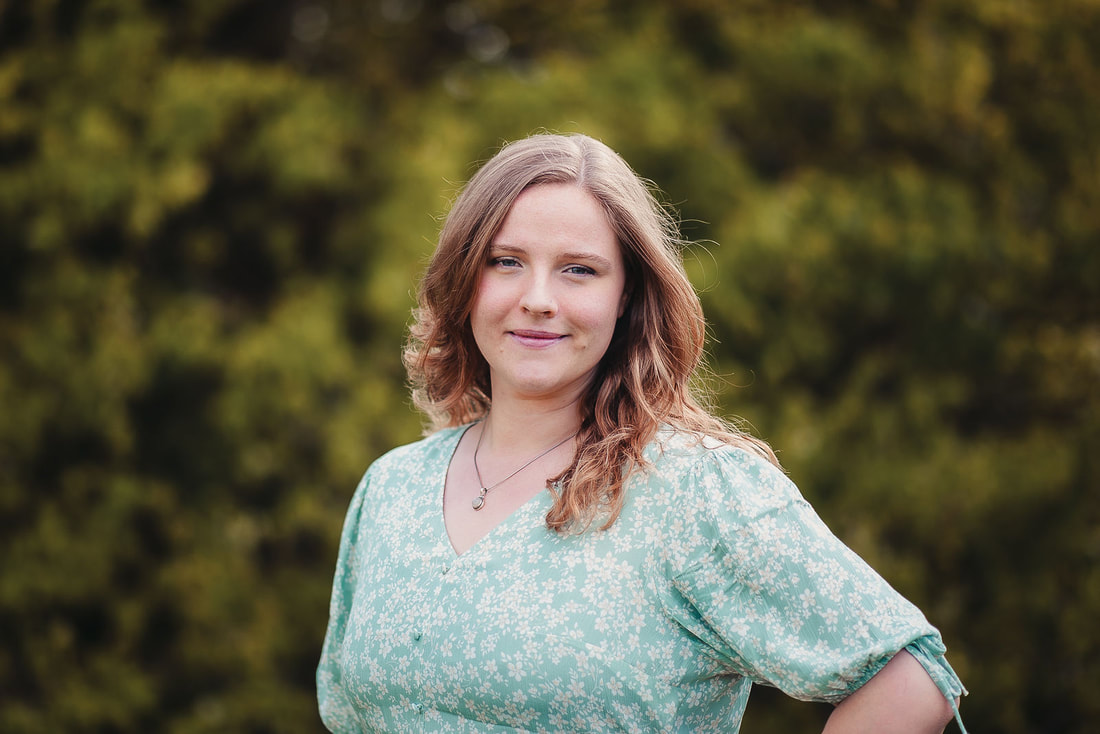
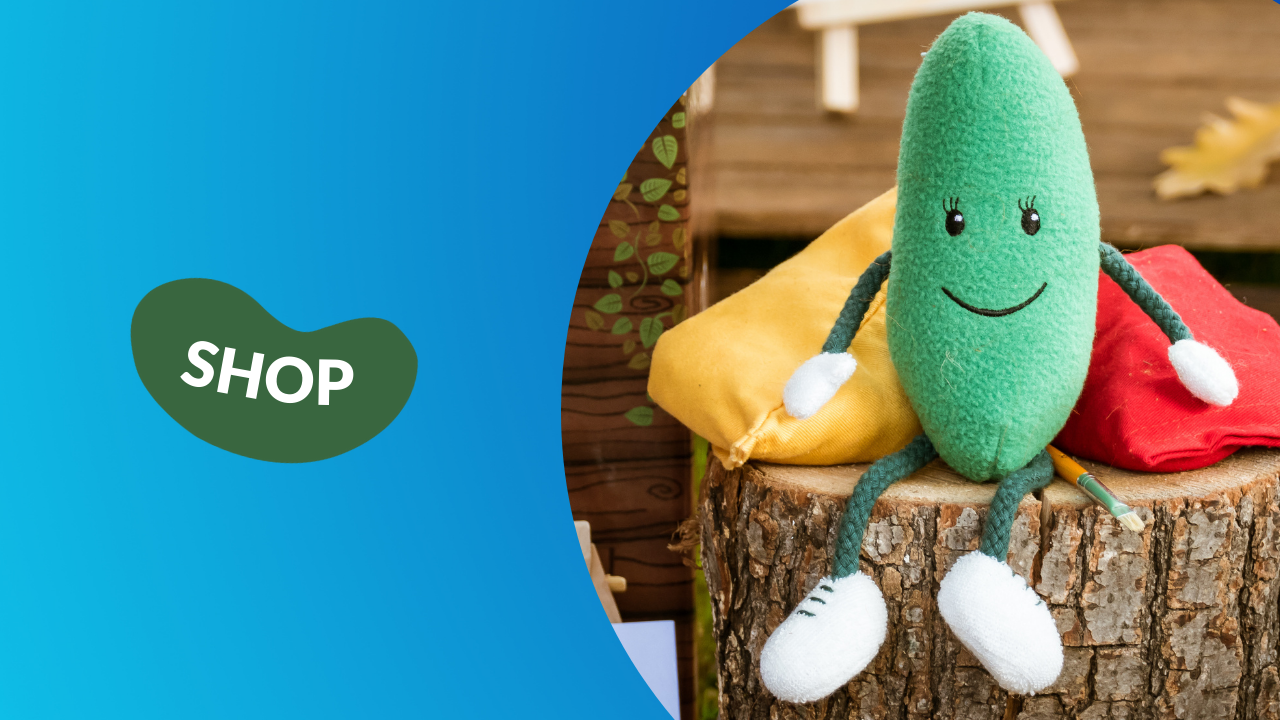


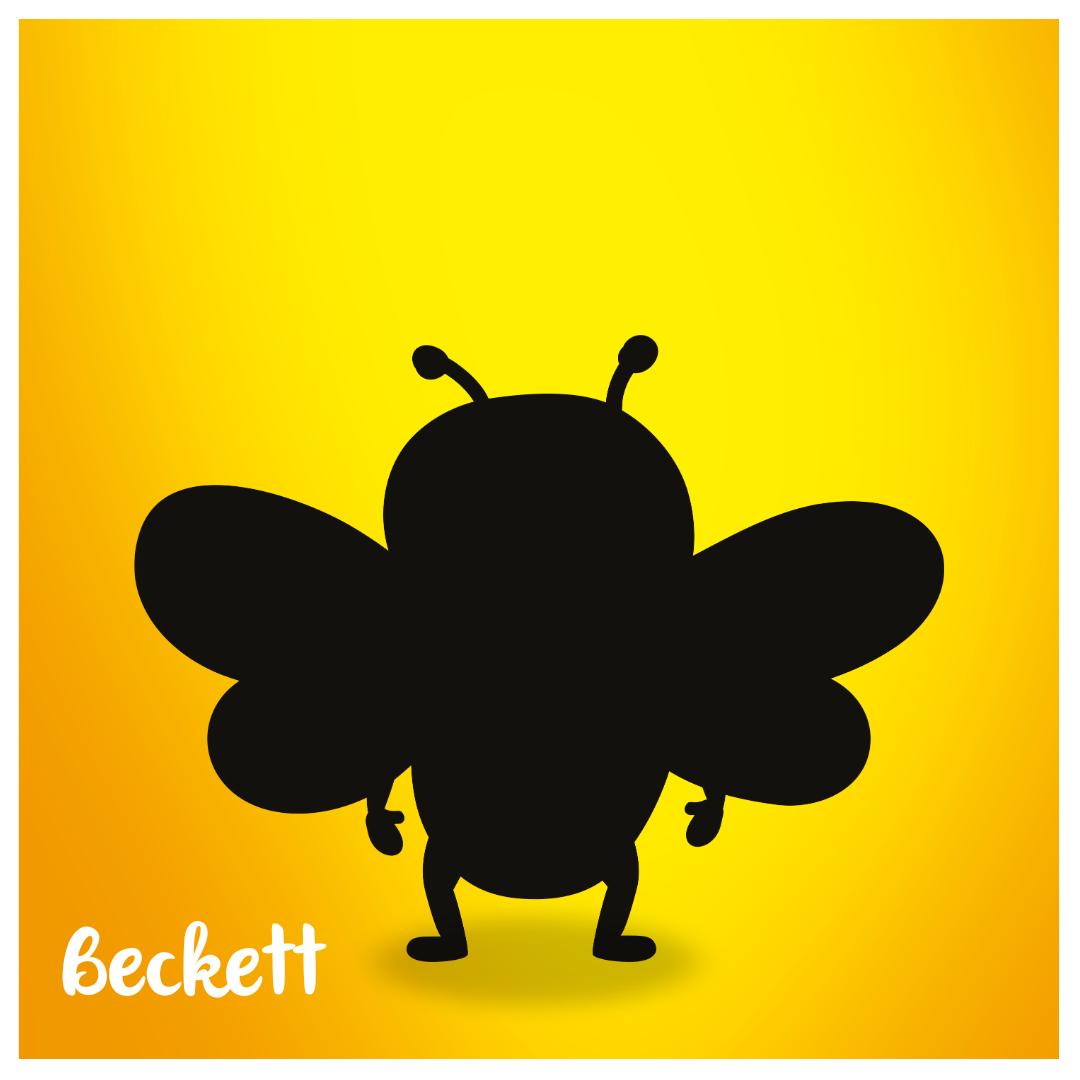

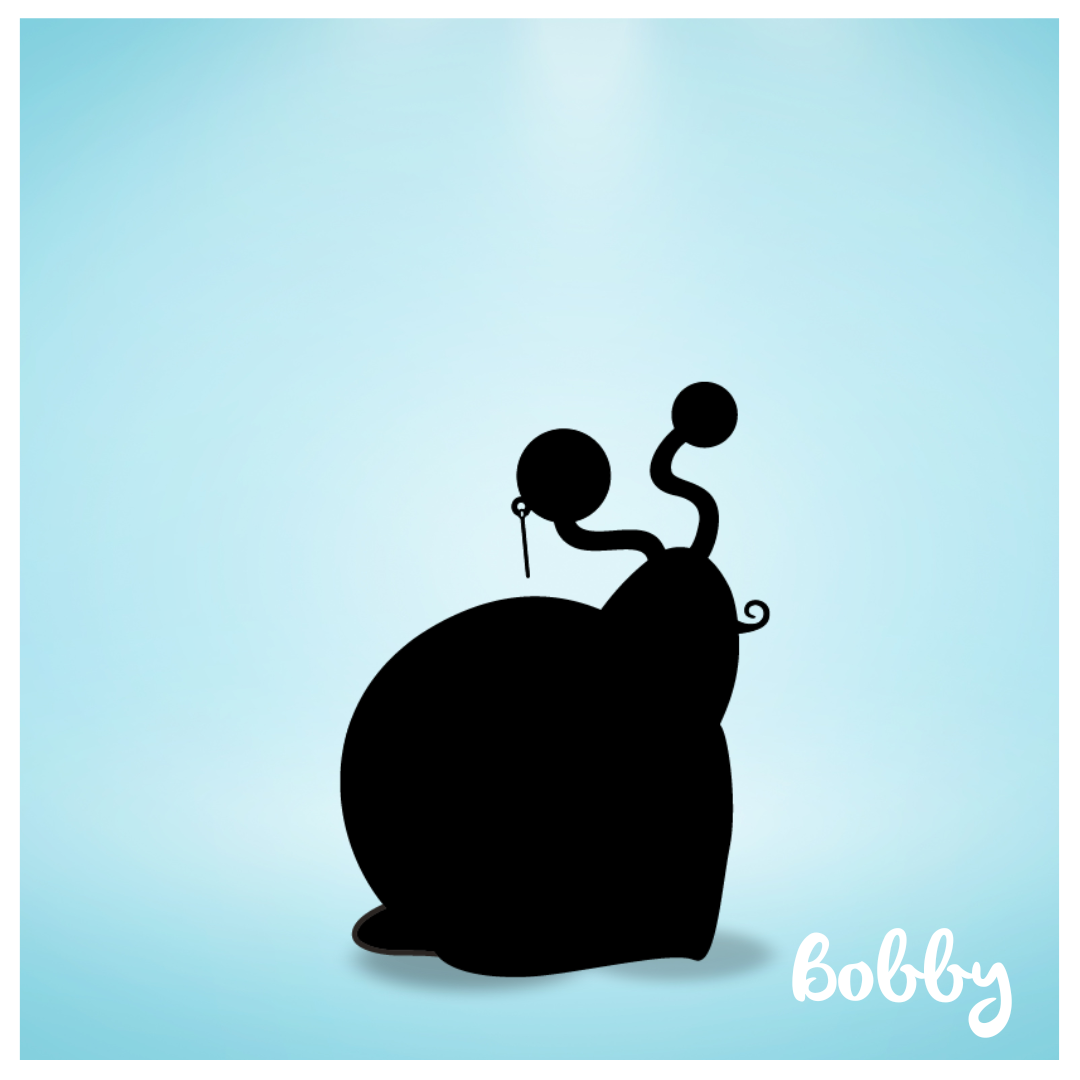
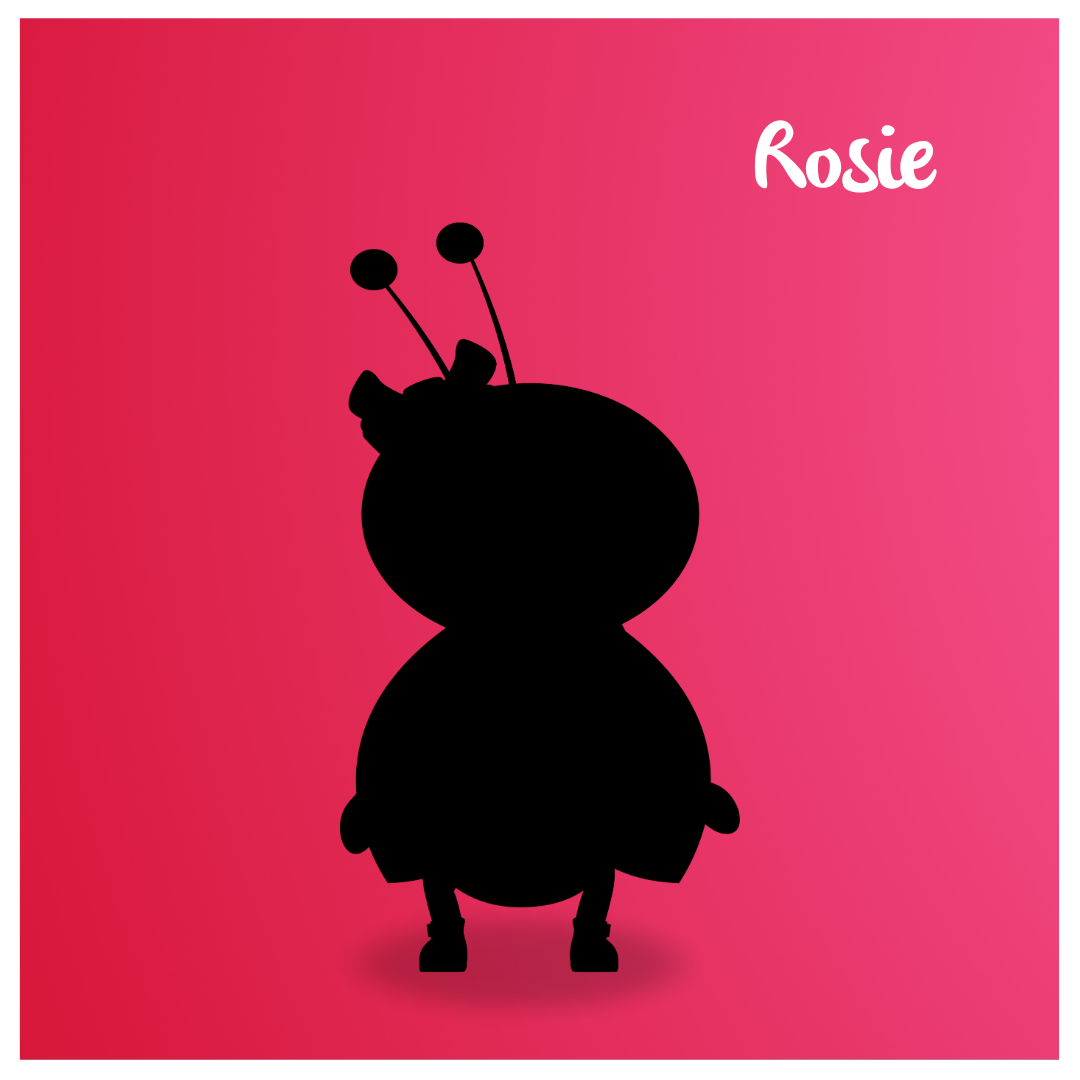
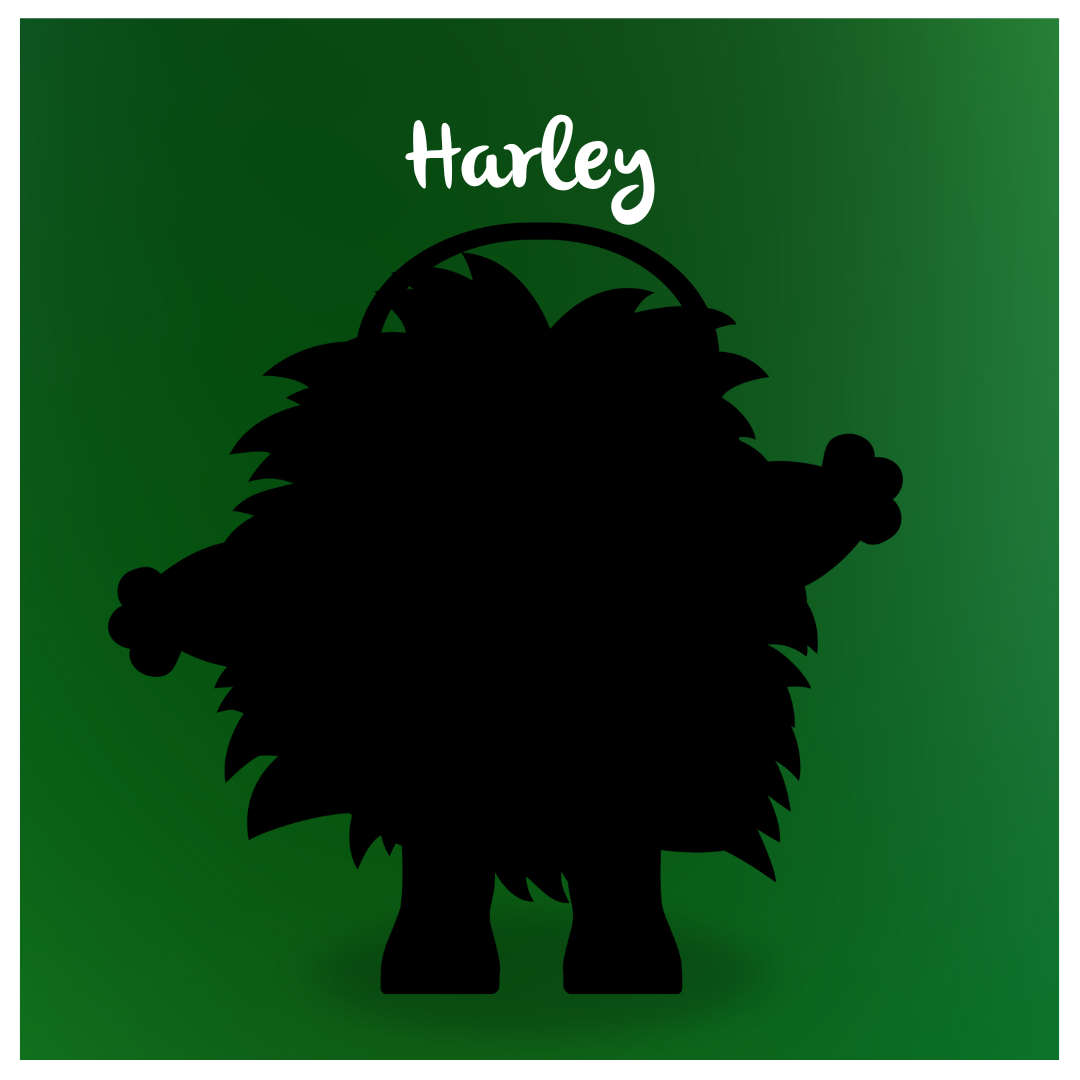
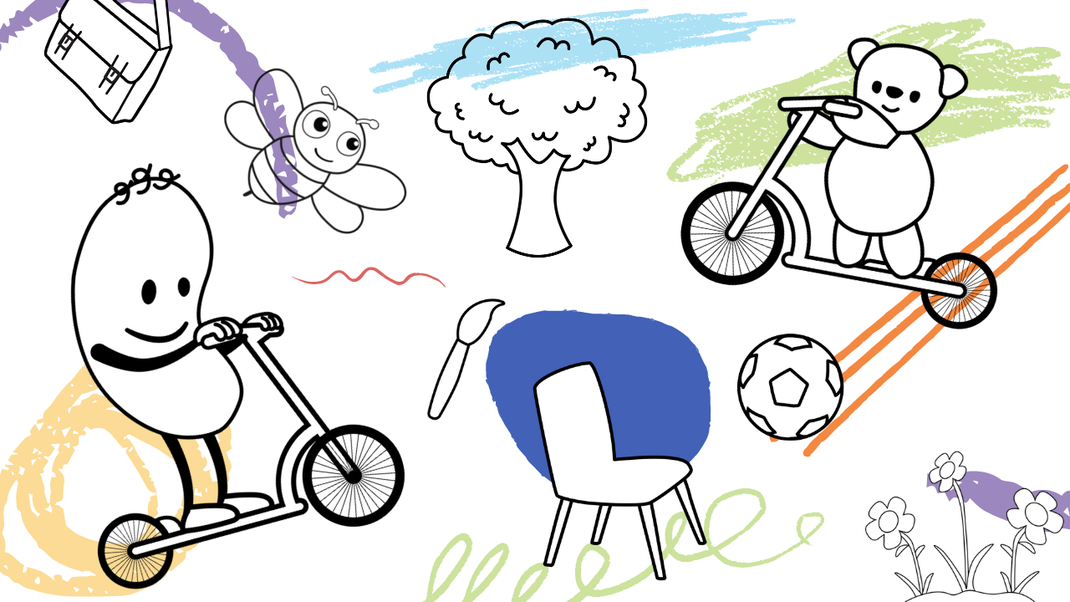
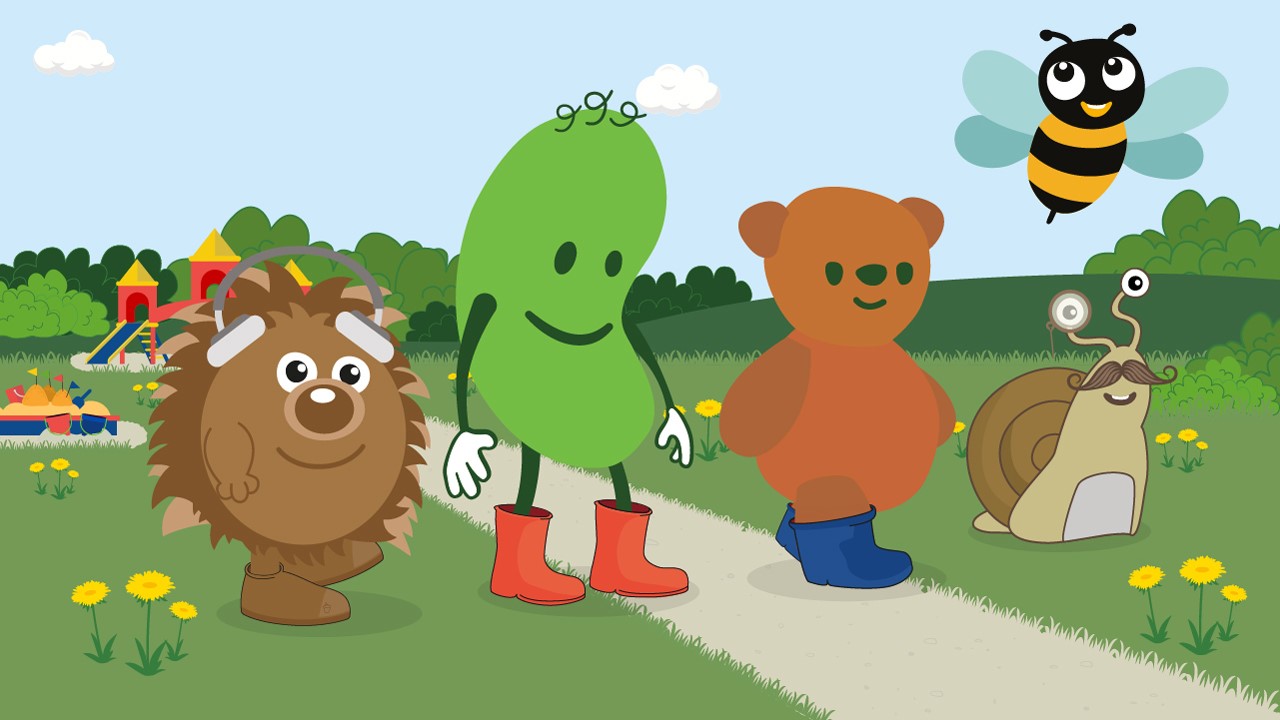

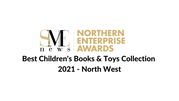



 RSS Feed
RSS Feed
